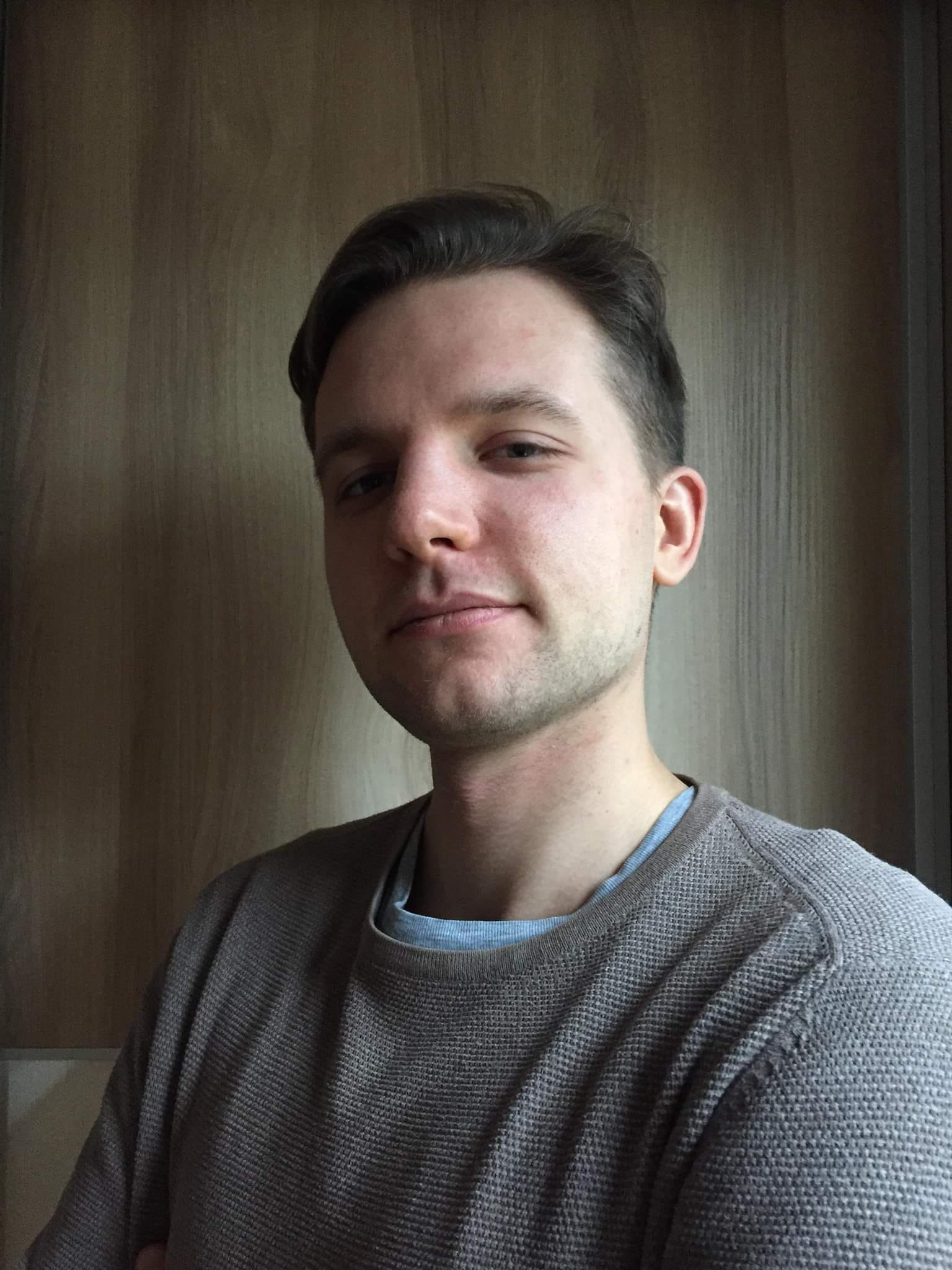Below we present the profiles of the current PhD students.
PhD studies

Gniewomir Hawrasz
PhD student
0000-0002-7027-9962
gniewomir.hawrasz@gssr.edu.pl
I joined the project as a PhD student in November 2021, after receiving my MA diploma in Cultural, Intellectual, and Visual History at the Warburg Institute in London. Before that, my educational path led me through the University of Gdansk (MA in Law in 2016) and Swansea University (BA in Ancient History and History in 2020).
During my bachelor studies in Wales, I developed an honest passion for the study of the reception of antiquity in the early modern period. My subsequent decisions led me towards inquiry of the rudiments of Marsilio Ficino’s Neoplatonic ethics. The study of the intellectual milieu formed in the Academy of Florence sparked further investigations into the broader themes concerned with the history of the university and the history of pedagogy. As a result, the thesis delivered at the Warburg Institute focused on the academic peregrinations of Poles visiting Italian universities between the sixteenth and seventeenth centuries.
Currently, I work on my doctoral thesis tracing Neoplatonic influences in notebooks of Polish students in the sixteenth and seventeenth centuries.
